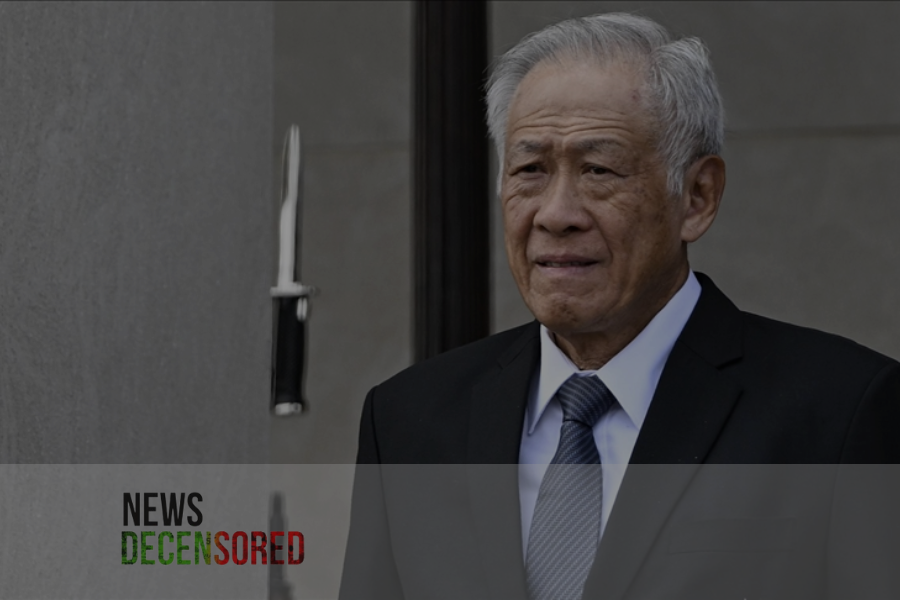Singapore’s Defense Minister Ng Eng Hen said recently that the United States has lost young people on the question of Gaza. Speaking at the Aspen Security Forum in Colorado, Ng noted in particular how the prolonged Israeli-Palestinian conflict had angered youth all the way around, even in areas such as Singapore. He said that the role of the West in the conflict caused much anger among Southeast Asians.
He remarked that the actions of the Israeli Defense Forces in Gaza have been “painful for all of us,” underscoring that this sentiment is not regional but global. He opined that non stop violence in Gaza has radicalized another entire generation of would-be terrorists, which is bound to threaten long-term security in the Middle East and globally.
The minister also mentioned broader repercussions, including how the conflict strained international relations—mostly related to efforts like the Abraham Accords, which aim to normalize Israel’s relations with several Arab states. This is becoming increasingly hard to do locally for these countries amid such widespread outrage over the violence in Gaza.
This sentiment is also shared by the U.S. Defense Secretary, Lloyd Austin, who has been under attack over America’s full-throttle support of Israel considering the existing conflict. U.S. Defense Secretary Lloyd Austin informed the Senate Armed Services Committee hearing that the United States still had not found evidence of the genocide committed in Gaza but acknowledged the high civilian death toll. He said that Israel needed to manage military operations to protect civilians as a means to avoid further escalation and radicalization.
Ng’s statements and the subsequent reactions that followed are regarding just how multifaceted the Gaza conflict is affecting international relations and world public opinion, especially among young generations who are raising their voices, increasingly outspoken against the violence and perceived inaction of the major powers, specifically the United States.















